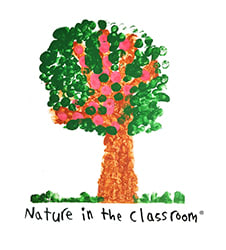Dive Brief:
-
As early-learning programs across the country concentrate on how to safely reopen, a new analysis of 1,610 pre-K sites in New York City finds classroom quality is lower in sites located in poor neighborhoods and in centers serving higher percentages of Black and Latino children. Expanding free preschool has been a signature initiative for Mayor Bill de Blasio.
-
Focusing on 2016-18, the study also shows scores on two widely used measures of preschool quality were slightly higher in sites run by community-based organizations than in school-based sites or others operated by the New York City Department of Education. Quality scores were the highest in charter schools, but only 12 were represented in the overall sample.
- The study also examines how racially segregated programs are, finding in almost 30% of school sites and about 40% of the community-based sites, 75% or more of the children enrolled belong to a single racial group. “When higher quality pre-k tilts toward better-off families, this small-scale institution may harden, rather than narrow, disparities in children’s early growth,” the authors write. “It’s such institutionally encased inequalities — ordered by race and social class — that millions of Americans have protested against in recent months.”
Dive Insight:
The findings, the authors write, have implications for how the city approaches the reopening process for early-childhood programs. “The COVID-19 pandemic has vividly exposed the inequities built into public education, along with the uneven home resources and economic slack experienced by diverse families,” they write. “Might the city seize this moment to reduce disparities in how educational resources are extended to families?”
The study was led by University of California, Berkeley, sociologist Bruce Fuller, who last year participated in a study showing Latino children, particularly those in immigrant families, are increasingly less likely to attend elementary schools with white students. Fuller has also long questioned whether universal preschool models improve outcomes for children from poor families.
The paper notes as NYC DOE added new pre-K sites across the city, many families with 4-year-olds, living in low-income areas of the city, still didn’t participate.
The article highlights the city’s efforts to improve pre-K quality, such as a team of 175 coaches to work with lower-quality programs. But it notes more research is also needed to understand why community-based programs have been providing higher-quality environments when they were being paid less. It wasn’t until last year the city reached a deal with unions representing community-based providers that led to more pay parity. Non-unionized teachers in community-based centers also received a raise.
The paper also notes the city is expanding efforts to create more integrated programs. City pre-k sites will be required to mix classrooms with children whose slots are paid for by different funding sources. And in 2021, community-based programs “will be encouraged to attract diverse blends of children and families under new contracts with the city,” the authors write.













